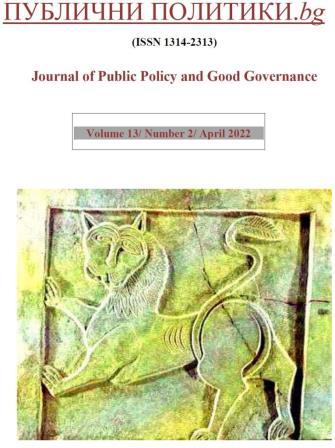HOW TRUST IN GOVERNMENT INFLUENCES VACCINATION ATTITUDES?
HOW TRUST IN GOVERNMENT INFLUENCES VACCINATION ATTITUDES?
Author(s): Krasimira S. ValchevaSubject(s): Politics / Political Sciences, Economy, Governance, Public Administration, Socio-Economic Research
Published by: Софийски университет »Св. Климент Охридски«
Keywords: government; institutions; trust; vaccination; COVID-19.
Summary/Abstract: In times of crisis national governments and institutions are responsible to protect their citizens and implement comprehensive strategies to effectively lower the negative consequences. If they have a previously established relations based on mutual trust this would result in higher levels of support and confidence in their actions. The calls for united front against the threats would receive wider positive response and people would be more willing to make sacrifices for the common good. The unprecedented COVID-19 pandemic put this relation to a stress test. In countries like Bulgaria, where trust in government was undermined years prior to the crisis, the results were rather negative. The mortality rate is the highest in the European Union, and the vaccination rate is the lowest. How trust in the national government and its institutions might have influenced the peoples’ choice to willingly and consciously comply with the adopted measures in Bulgaria is the main question in the present article.
Journal: ПУБЛИЧНИ ПОЛИТИКИ.bg
- Issue Year: 13/2022
- Issue No: 2
- Page Range: 178-190
- Page Count: 13
- Language: English

